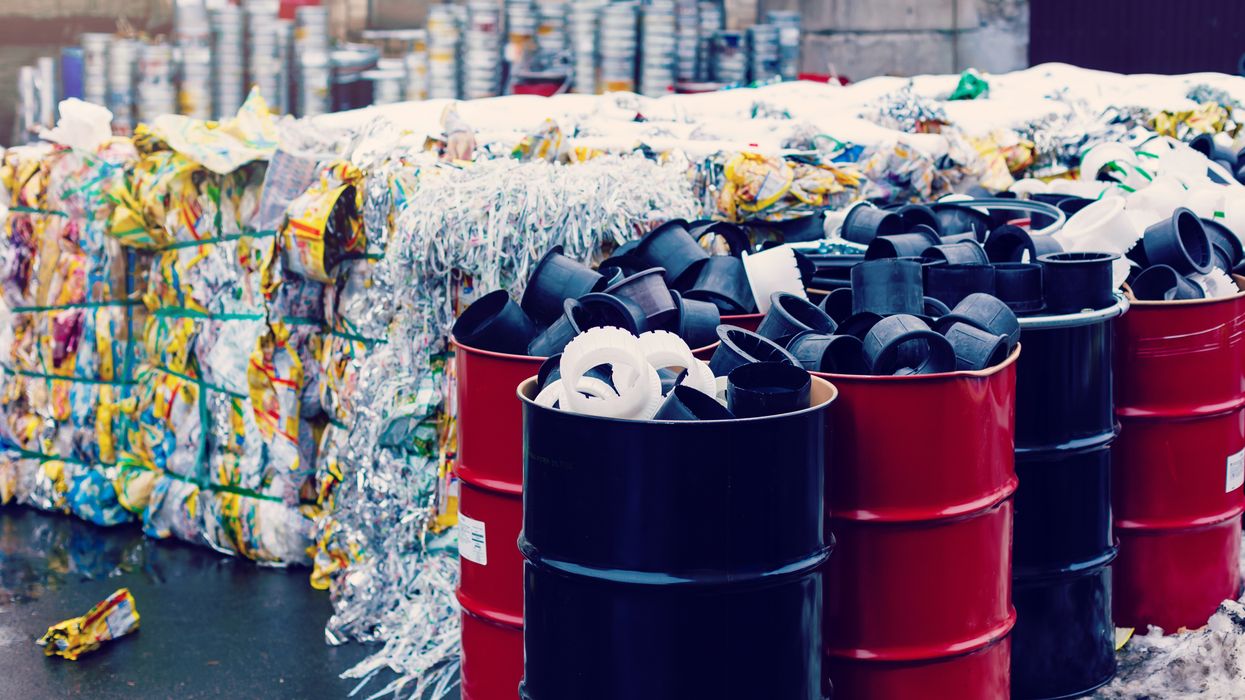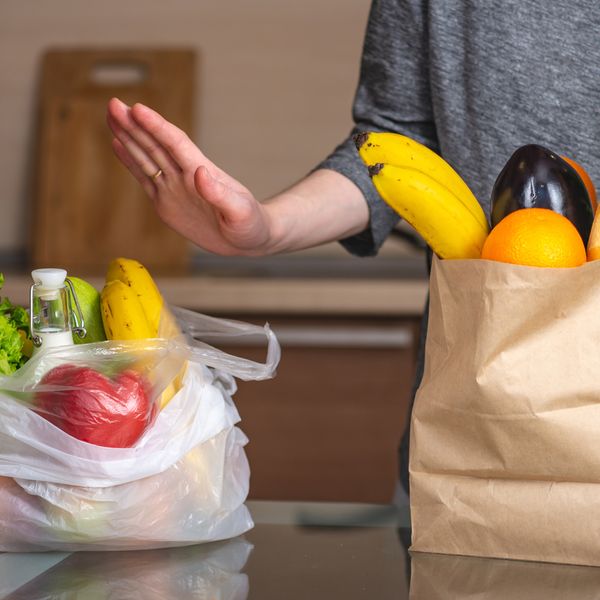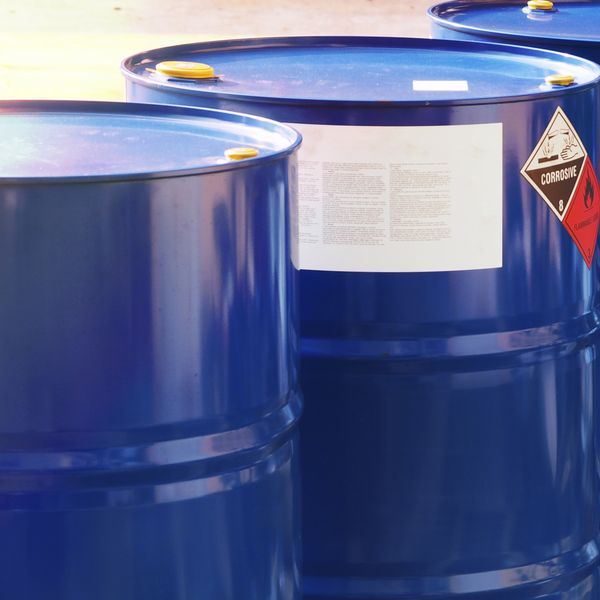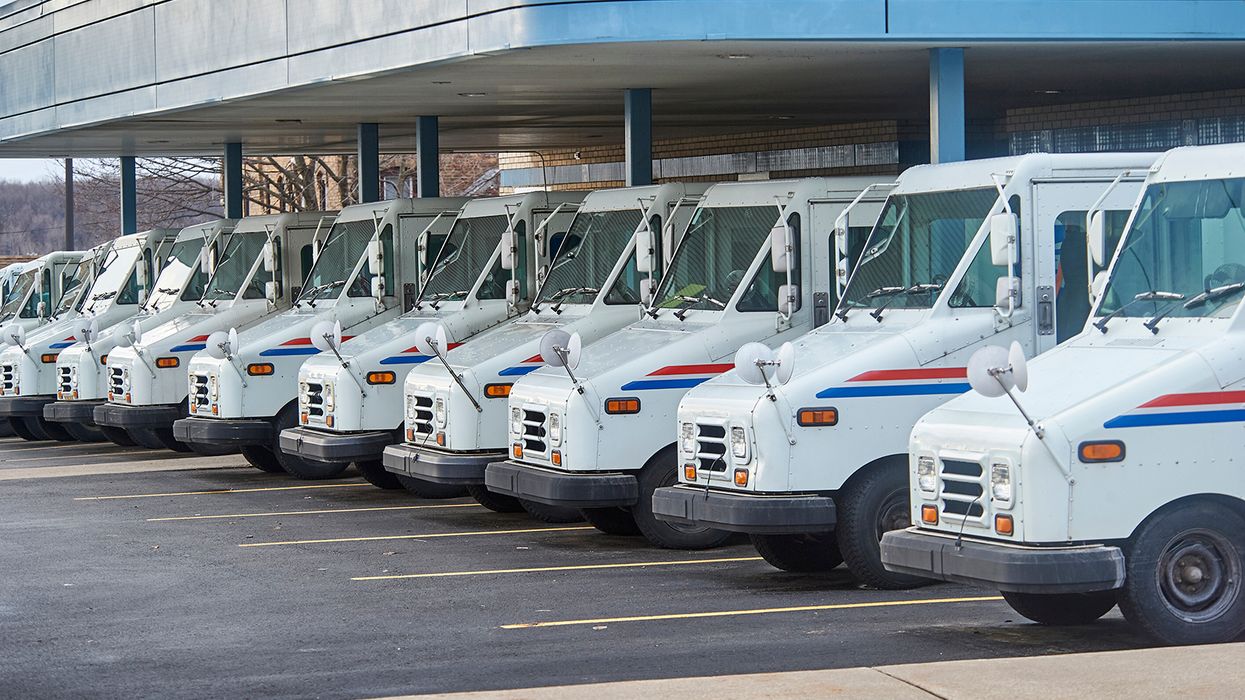The new rules of waste: How 2025 legislation is reshaping corporate environmental compliance
In 2025, sweeping changes to waste laws across the U.S. are forcing companies to rethink packaging, disposal, and reporting practices. From statewide bans on single-use plastics to expanded Extended Producer Responsibility (EPR) programs and chemical recycling reclassification, these updates carry significant compliance implications for corporate Environmental Health and Safety (EHS) teams.
Single-use plastics: New bans and restrictions
Several states have enacted new bans on polystyrene foam containers, plastic straws, and produce bags:
- California SB 1046: As of January 1, 2025, expanded polystyrene (EPS) food containers are banned unless they meet a 25% recycling rate. Pre-checkout bags must be compostable or made of recycled paper.
- Delaware SB 51: Foam containers and plastic stirrers are banned unless requested by the customer.
- Oregon SB 543: Bans EPS containers and food packaging with intentionally added PFAS.
- Virginia: No food vendor may use EPS containers starting July 1, 2025.
Compliance tip: Audit your packaging inventory and supplier certifications. Ensure alternatives meet compostability or recyclability standards.
Extended producer responsibility (EPR): Expanding nationwide
EPR laws now apply in several states. These laws require companies to help pay for recycling and report packaging data.
- Maryland SB 901: Allows multiple Producer Responsibility Organizations (PROs) and mandates cost-sharing for recycling.
- Washington SB 5284: Targets consumer packaging with compliance deadlines starting in 2028.
- Colorado: Unregistered producers are banned from selling covered products as of July 1, 2025.
- California SB 54: Revised draft rules released in May 2025 include new compliance dates and exemptions.
Compliance tip: Register with your state’s PRO, submit packaging data, and prepare for fee schedules. Track deadlines and exemptions closely.
Chemical recycling: Regulatory reclassification and impacts
States like Texas and Pennsylvania now classify chemical recycling as manufacturing, not waste management. This shift encourages investment but also changes permitting and emissions reporting obligations.
Compliance tip: If your facility uses or contracts chemical recycling, review air and water permits. Ensure alignment with manufacturing regulations.
Per and polyfluoroalkyl substances (PFAS): Phase-outs and hazardous waste updates
More states are banning PFAS in packaging and cookware:
- Minnesota, Oregon, Rhode Island, and New Mexico have banned or phased out PFAS in consumer products.
- Illinois SB 727: Aligns PFAS limits with EPA standards.
Compliance tip: Update product safety data sheets (SDS) and conduct PFAS audits. Prepare for new reporting under TSCA Section 8(a)(7), including data on manufacture, use, and disposal.
Circular economy and composting: Recent mandates
States are setting zero-waste goals and requiring composting:
- Hawaii HB 750: Launches a statewide recycling needs assessment.
- Maine LD 1065: Requires large food waste generators to compost by 2030.
Compliance Tip: Evaluate organics diversion programs and infrastructure. Consider partnerships with composting facilities.
EHS teams: What to do now
- Map your regulatory exposure: Identify which state laws apply to your operations.
- Engage with PROs: Register, report, and participate in rulemaking.
- Train staff: Ensure procurement, operations, and legal teams understand new requirements.
- Audit packaging and waste streams: Replace banned materials and optimize recycling.
- Monitor emerging legislation: Stay ahead of new bills and compliance deadlines.
Key to remember: Staying compliant in 2025 means more than avoiding fines. EHS teams must lead efforts to meet new waste laws and support sustainability goals.





















































